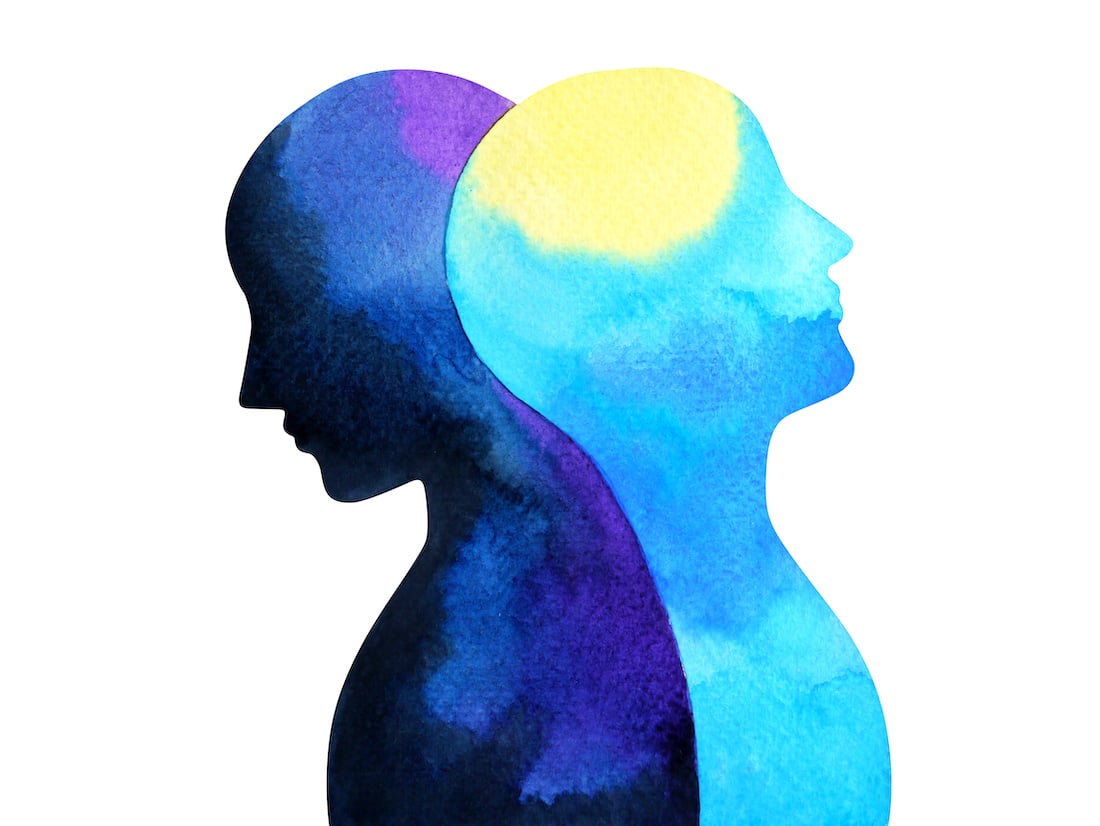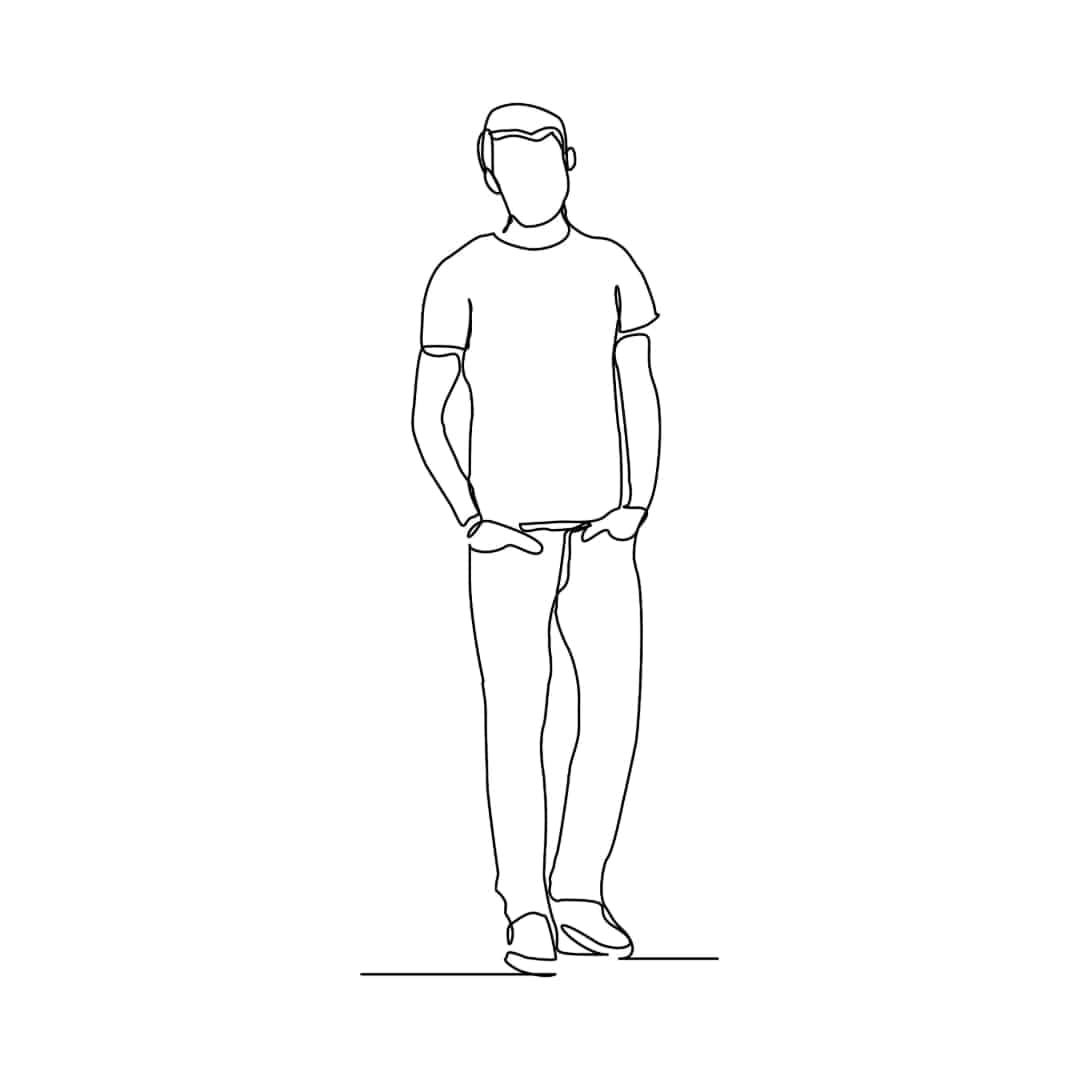Unlike many physical illnesses, mental illness typically begins during young adulthood. Individuals diagnosed with major depressive disorder, bipolar disorder, schizophrenia and other mental illnesses often have their first episodes in their late teens and 20s.
Fully three-quarters of all cases of mental illness have begun by age 24, often causing disability and suffering during the prime of an individual’s life, notes the National Institute of Mental Health.
Research indicates that some people may be predisposed to the conditions at birth but don’t display symptoms until young adulthood. Why do symptoms of mental illness so often first manifest in young people in their 20s?
Biological risk
The first signs of schizophrenia typically appear in the late teens or early 20s. Bipolar disorder also typically begins in early adulthood, and the chances of developing major depressive disorder increase significantly after puberty.
Risk factors for an individual developing mental illness during his or her 20s include prenatal problems, family history, negative incidents during birth or head injuries during childhood. Researchers don’t yet fully understand the mechanisms, but it’s clear that brain development, environment, genetic predisposition —and possibly increasing levels of hormones in adolescence — often interact to trigger mental disorders in young adults.
Stress and other factors
While stressors are not thought to directly cause mental illness, they may hasten the onset for individuals predisposed to it. First episodes often follow highly stressful life events, such as the death of a family member or being let go from a job. Even positive events like getting married can act as a trigger.
Young adulthood tends to be a highly stressful time of significant change, including going away to college and living away from family for the first time. Similarly, while substance abuse doesn’t cause mental illness, it can serve as a contributing factor to manifesting of symptoms.
Early signs and symptoms
Typically, the onset of schizophrenia is marked by an increasing loss of ability to function. For instance, a young person suddenly may start performing worse in school or failing to communicate with friends and family. Psychotic symptoms like hallucinations, along with increasing paranoia, may occur.
Young people beginning to show signs of bipolar disorder may demonstrate increased energy and a lower need for sleep, indicating a manic state. They also may engage in risky behaviors like driving recklessly, gambling or spending money excessively. A depressive episode may be marked by irritability or sadness lasting at least two weeks, along with low energy levels and changes in appetite and sleep.
Individuals with major depression may no longer take pleasure in activities they usually enjoy, and they may feel inappropriate guilt and worthlessness. They may have problems with concentration and indecisiveness. Mentioning death or suicide is a sign that a young person needs professional help immediately.
How can loved ones help?
Too often, young people experiencing the onset of mental illness delay getting help, sometimes for years or even decades, notes the National Institute of Mental Health. About 80 percent of U.S. mental illness sufferers eventually get help, but delayed treatment can result in episodes that occur more often and are more severe.
For parents and other family members, keeping in touch with young people who move out of the home can mean spotting any changes in behavior or other concerning signs. Urge them to see a professional for evaluation because, fostering denial and avoidance can delay life changing treatment. If a young person begins displaying possible signs of mental illness, parents and other loved ones should communicate their concerns in a non-judgmental manner.
Pasadena Villa programs creates a comforting and therapeutic environment for those suffering from mental illness. We believe in treating all residents with compassion, and our programs are designed in ways that preserve and protect their dignity. We do common activities that many families do. Our staff and residents learn and model appropriate social and communication skills, from daily mealtimes, to many fun and relaxing social and recreational activities.
Our mental health professionals work directly with residents. They observe them in actual social situations and incorporate these observations directly into the resident’s ongoing treatment plan. This individual, real life personalized attention makes the Pasadena Villa treatment experience more appropriate and beneficial for each of our residents, especially when compared to any other available adult residential treatment mental health services.
The Villa Orlando and Pasadena Villa’s Smoky Mountain Lodge are adult intensive psychiatric residential treatment centers for clients with serious mental illnesses. Our outpatient center is located in Raleigh, North Carolina. We also provide other individualized therapy programs, step-down residential programs, and less intensive mental health services, such as Community Residential Homes, Supportive Housing, Day Treatment Programs and Life Skills training. If you or someone you know may need counseling on mental health services, please fill out our contact form or call us at 407-574-5190 for more information.
Sources:



